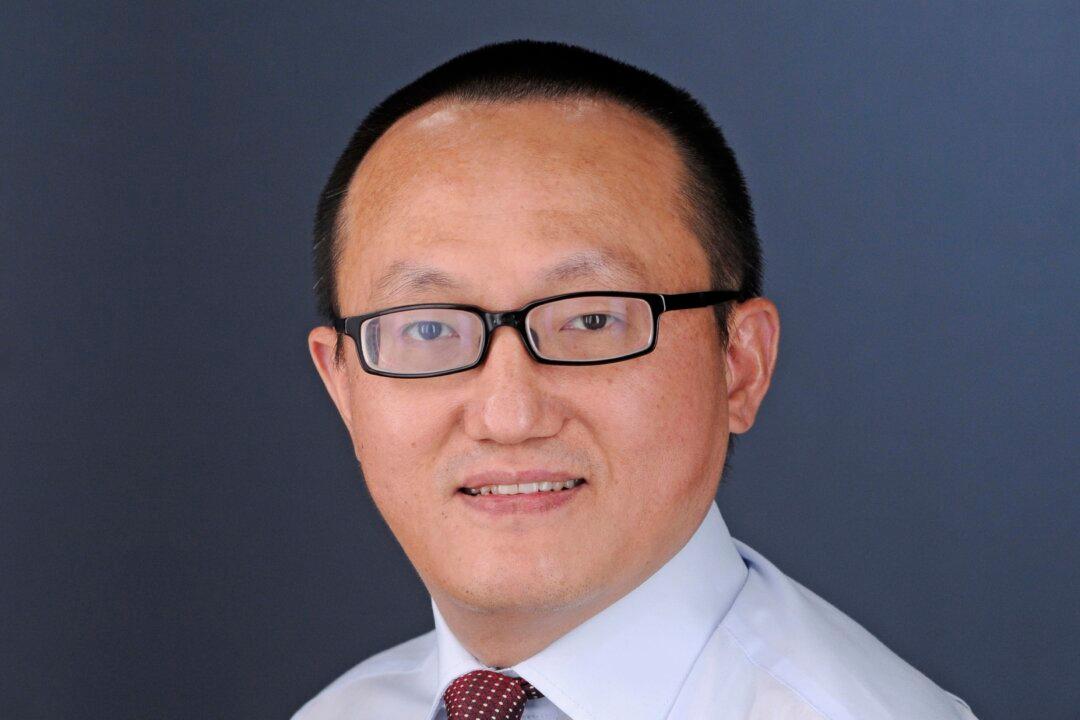A federal appeals court has reversed a criminal conviction against a former University of Kansas professor for concealing his ties to a university in China.
The Denver-based 10th U.S. Circuit Court of Appeals ruled 2–1 on July 11 in favor of tossing out the criminal conviction against Feng “Franklin” Tao for making a false statement to the U.S. government by failing to disclose his affiliation with China’s Fuzhou University on a University of Kansas form. The majority concluded that federal prosecutors had provided insufficient evidence to support the charge against Mr. Tao.





